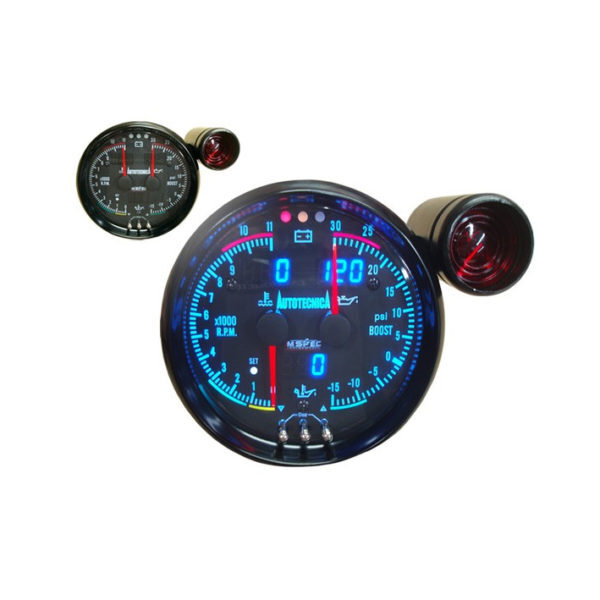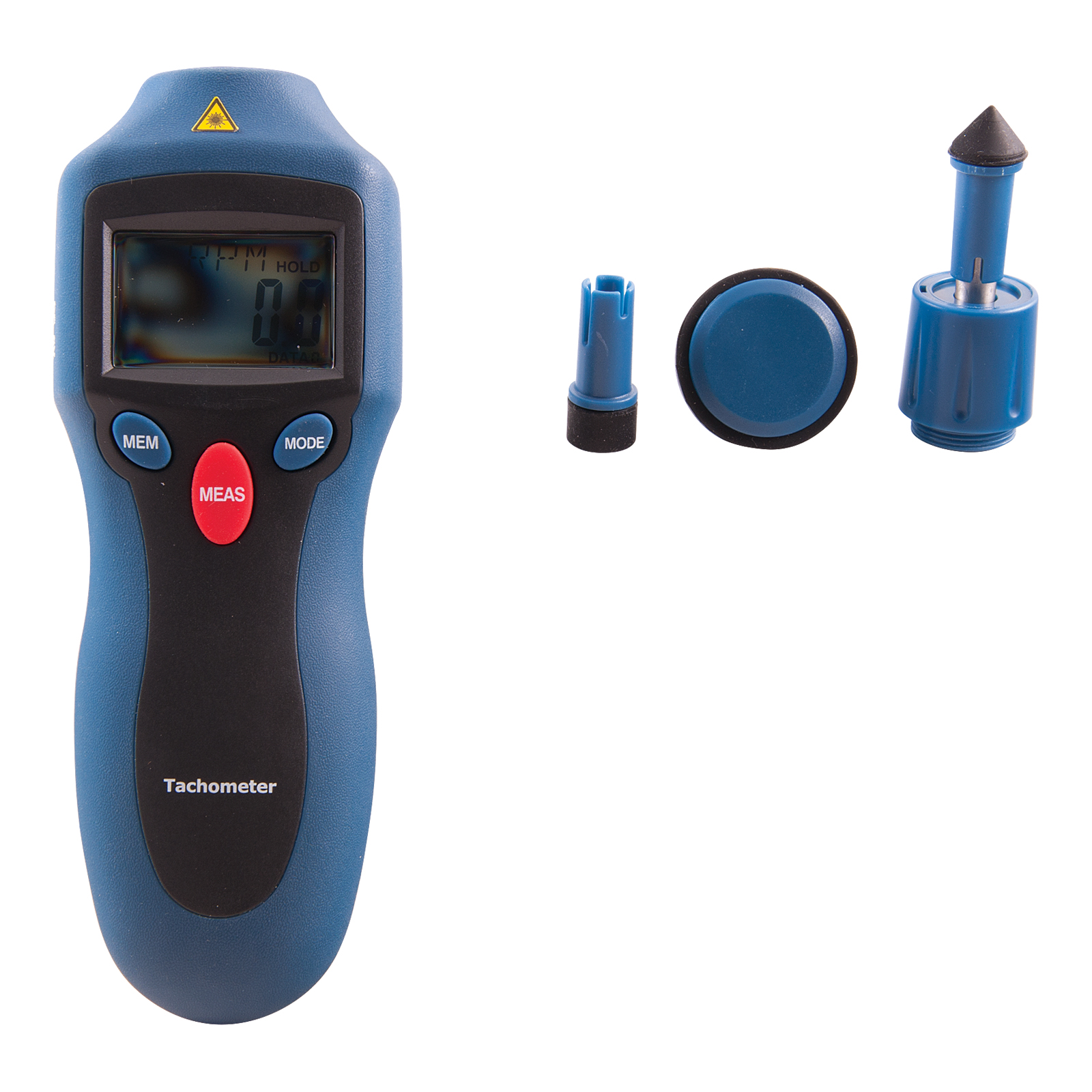Top Reasons That Every Motorist Needs a High-Quality Tachometer
Wiki Article
Key Reasons Having a Tachometer Is Necessary for Maintaining Engine Health And Wellness and Performance
This humble yet essential instrument plays a pivotal role in the upkeep of an engine's health and performance. By supplying real-time information on engine rate and RPM levels, a tachometer provides indispensable insights that directly impact the efficiency and long life of the engine. Allow's explore the key factors behind its crucial duty in preserving engine health and wellness and efficiency.Preventing Engine Over-Revving

To protect the engine from prospective damage, it is vital to execute measures that protect against over-revving, a technique that can cause costly repairs and lowered engine life expectancy. Over-revving happens when the engine's rotational speed goes beyond the maximum limit established by the producer, creating unnecessary tension on inner elements such as pistons, shutoffs, and attaching rods. This too much stress can result in mechanical failings, including curved valves, harmed pistons, and even catastrophic engine failing.
One effective action to stop over-revving is the installation of a rev limiter. A rev limiter is a gadget that controls the maximum RPM (changes per minute) of the engine by either cutting off fuel circulation or spark to the engine when the pre-set restriction is reached. Furthermore, educating motorists and drivers on the significance of keeping an eye on engine RPM via the tachometer can help stop accidental over-revving. Routine upkeep checks to guarantee the engine remains in optimum condition can likewise assist in avoiding over-revving cases and prolonging the engine's life expectancy. By taking on these safety nets, the threat of engine damages due to over-revving can be significantly minimized.
Enhancing Gas Intake
Effective fuel usage plays an essential role in maximizing the efficiency and sustainability of an engine. tachometer. Maximizing fuel usage not only helps in lowering functional costs yet also lessens the ecological impact of car exhausts. By using a tachometer to check engine rate and readjust driving practices accordingly, motorists can attain much better fuel efficiencyMaintaining a stable rate and staying clear of unexpected velocities and slowdowns can dramatically boost fuel economic situation. In addition, correct equipment selection based upon the tachometer analyses makes certain that the engine operates within its optimal variety, bring about a lot more effective gas burning.
Routinely keeping track of the tachometer can also help identify any inadequacies or mechanical concerns that might be get redirected here impacting fuel intake. For example, a sudden boost in gas usage without a corresponding adjustment in driving behaviors can suggest a trouble that needs attention.
Surveillance Engine Health And Wellness
Checking engine wellness is crucial for guaranteeing optimal efficiency and long life of the lorry. By using a tachometer to check engine rate, chauffeurs can detect abnormalities that might suggest potential problems with the engine. A tachometer supplies real-time data on engine changes per minute (RPM), allowing drivers to identify any kind of unusual spikes or decreases in RPM that might signify issues such as misfires, worn-out elements, or engine overheating.
Frequently monitoring engine wellness through the use of a tachometer makes it possible for chauffeurs to resolve concerns quickly before they escalate and cause substantial damage. For instance, discovering a decrease in RPM might show fuel shipment problems or a clogged up air filter, while a sudden increase in RPM may indicate issues with the transmission or exhaust system. By staying cautious and responsive to adjustments in engine performance, chauffeurs can stop pricey repair work and make certain the total wellness and performance of their car.
Increasing Engine Life-span
Ensuring the long life Going Here of an engine needs persistent upkeep methods and conscientious monitoring of key performance indications. Prolonging an engine's life expectancy is important for minimizing overall vehicle maintenance prices and avoiding unforeseen failures. A tachometer plays a significant role in this aspect by supplying real-time information on engine speed, allowing chauffeurs and auto mechanics to make enlightened decisions to prevent too much deterioration.
Additionally, normal maintenance based upon tachometer analyses, such as timely oil changes and ignition system substitutes, can dramatically contribute to expanding the engine's long life. Generally, including a tachometer into regular engine monitoring techniques is essential for protecting the engine's wellness and performance over the lengthy term.
Conserving Cash on Fixes
A tachometer assists in monitoring the engine's RPM (transformations per minute), making it possible for drivers to operate within the suggested variety. By staying within these optimum RPM levels, extreme strain on the engine can be avoided, lowering the chance of pricey repair work due to exhausting the engine.In addition, by utilizing the information from a tachometer to exercise smooth velocity and deceleration, vehicle drivers can lengthen the lifespan of their lorry's components, ultimately saving money on my explanation upkeep and substitutes. Generally, the insights offered by a tachometer equip drivers to make enlightened choices that can stop unnecessary wear and tear on the engine, leading to considerable expense savings in the lengthy run.
Verdict
In verdict, a tachometer plays a critical function in keeping engine wellness and effectiveness by protecting against over-revving, optimizing fuel consumption, keeping an eye on engine health and wellness, expanding engine life-span, and saving money on repairs. It is a crucial tool for ensuring that the engine operates within risk-free limits and executes at its best, ultimately adding to the durability and overall performance of the car.Report this wiki page